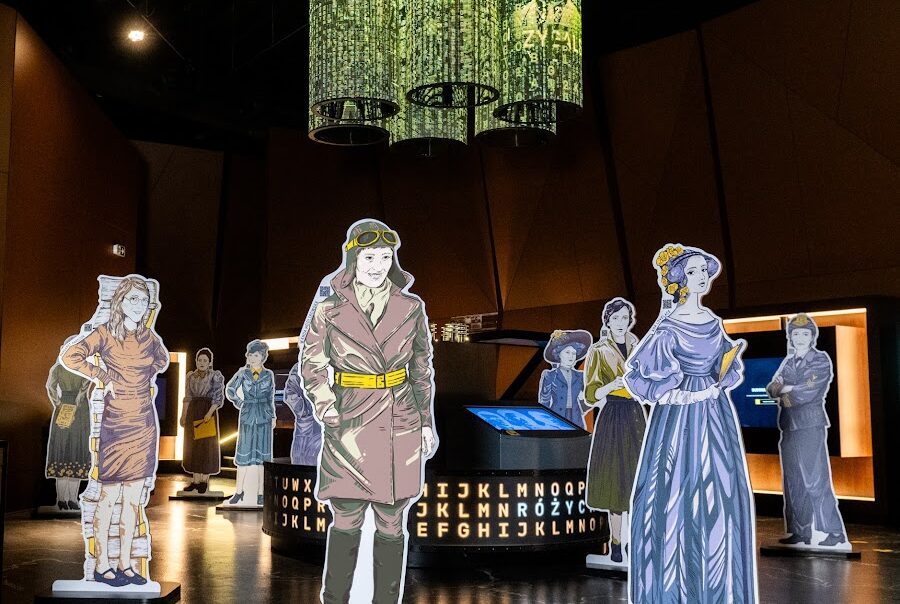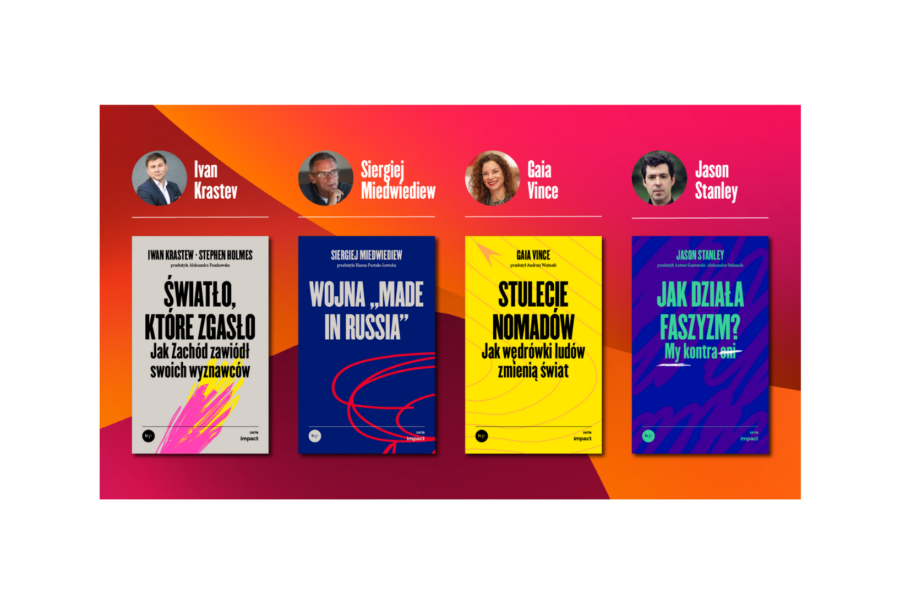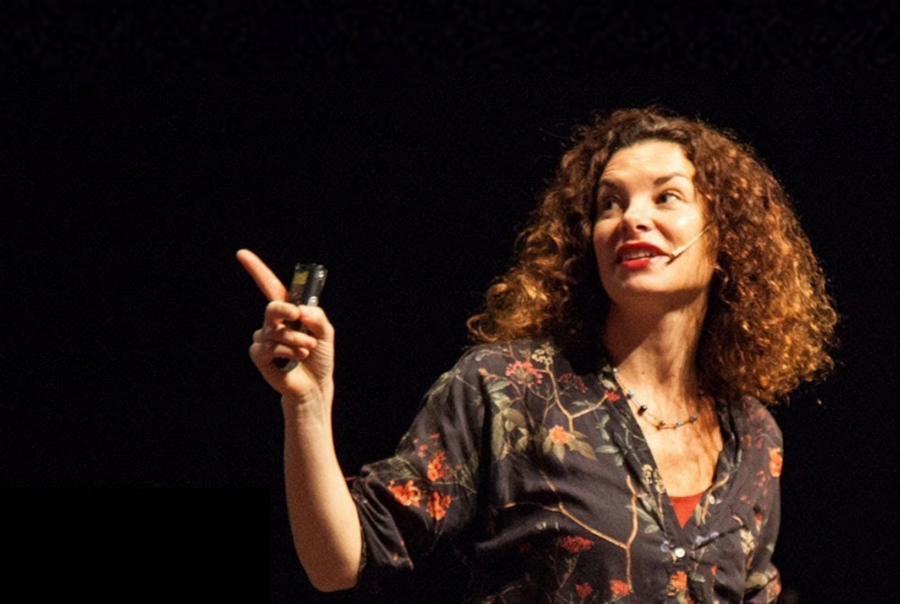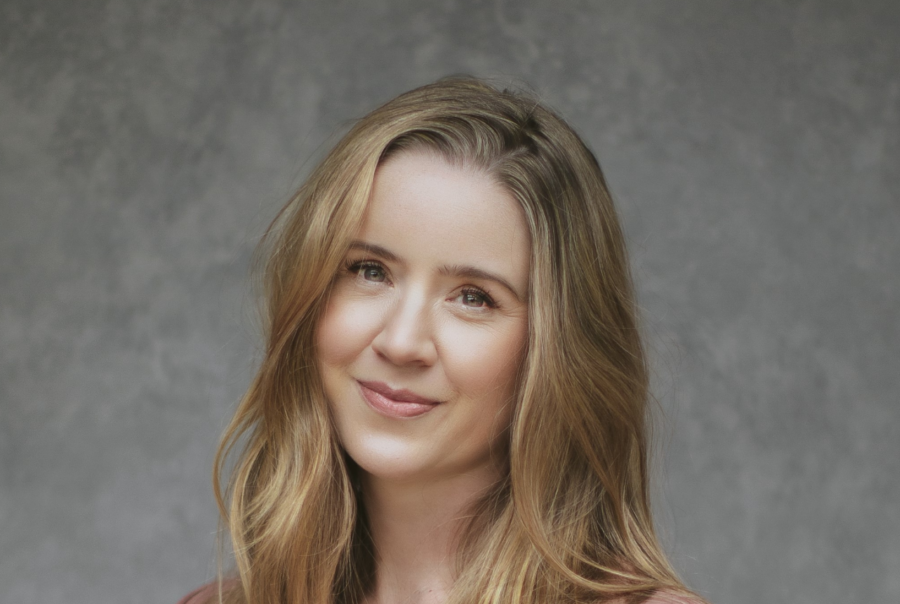Artificial intelligence is too important to be left to the experts alone, warns Verity Harding, one of Time’s 100 Most Influential People in AI.
“Paul McCartney uses AI to release new song with the late John Lennon,” “AI creates new and last Beatles song,” “Why is Paul McCartney turning John Lennon into an AI bot?” These are just a few quotes from online publications that appeared last year, following the announcement that Paul McCartney was using AI to release a new album. Interestingly, contrary to what the headlines suggested, there weren’t even plans for AI to replicate the Beatles’ voices! The AI was only supposed to … clean up the noise to make them sound clearer. – It is a frenzy around any mention of AI, yes, and also perhaps a search for proof that it really is spinning out of control. It’s even affecting such an institution as the Beatles! What next? – said Verity Harding in her essay: What The Beatles can teach us about AI, which was published on the Bennet Institute website.
What do The Beatles Have to do with Visions of AI Destroying Humanity?
Even though John Lennon was murdered before she was ever born, Verity Harding is a big Beatles fan. She is also one of only a few female AI experts to make the Time list. Ms. Harding has spent more than a decade studying the technology and its impact on democratic societies. She has advised the British government and – at Google DeepMind, one of the world’s leading AI labs – she co-founded an ethics research unit. Currently she runs her own consulting firm – Formation Advisory Ltd. At the same time, with the Bennet Institute at Cambridge University, she is creating a project to encourage global collaboration and create new frameworks that put human rights and democracy at the center of technology policy. But let’s go back to The Beatles. In essay quoted above, Ms. Harding reflects on why we often confuse what AI can do with what it does – One influential AI researcher, in Time Magazine, said: “If somebody builds a too-powerful AI, under present conditions, I expect that every single member of the human species and all biological life on Earth dies shortly thereafter.” – he wrote. What does this story about The Beatles have to do with the belief that AI development will lead to the extinction of the human species? Both are based on misleading threats, but also show something deeper – how unprepared we are to deal with the potential real damage that using the full potential of AI can cause. Here and now.
Why is it Bad to Fantasize About Humanoid Robots?
It’s obvious that AI can “invade” our personal space – make us feel frustrated, invisible and even furious – the example of The Beatles illustrates this – “How can you replicate the voices of our icons!”. We should start taking an interest in the extent to which AI can realistically harm us and focus on the potential long-term risks related to its development. Fantasies about the destruction of humanity or humanoid robots taking over the world won’t help with that On the contrary, by looking ahead, they distract us from the real consequences of using artificial intelligence today – such as the fact that algorithms deny social benefits to people who need them precisely for the reasons that they need them i.e. they are pour. Doomsday fantasies will only cause further confusion and discourage people from taking an interest in the real problems associated with AI. This, in turn, will reduce the amount of pressure put on AI developers to work only on good and helpful applications of the technology. – Artificial intelligence is too important to be left to the experts alone, Ms. Harding says in an interview for Time Magazine. She believes that those who could be most impacted by artificial intelligence should be involved in creating the policies that govern its use. In my forthcoming book, ‘AI Needs You (published with Princeton University Press in 2024)‘, I have written about the importance of consulting and listening to people, and responding to their concerns about the pace of technological change. Those building today’s AI systems are insulated from these feelings, by and large, through their own power and influence, and through their own understanding of what is occurring. But it will be a huge, potentially catastrophic, mistake to assume that everyone else is on board with the AI revolution, Ms. Harding writes in her essay on The Beatles. We should have no doubt that artificial intelligence will change our lives in unpredictable ways. That’s why we can’t leave the future of AI – and thus our own – solely to those building it.
Read More = Understand the Links Between Politics and Technology Better!
Harding’s latest book shows that a future in which AI is not only used to generate profit but also serves the common good is possible. We ourselves should ensure that AI reflects our values, needs, ideas and interests, and that it serves the public good. AI is created by people who we can influence. – In a democracy, we can all have a say,” Harding says in the British edition of Elle Magazine. – I’d encourage anyone who’s concerned or excited about the potential uses of AI to get involved in trying to shape it, whether by writing to their MP with their views, demanding that schools and workplaces have clear AI policies or simply reading more about the subject to understand the clear links between politics and technology, Ms. Harding says.





